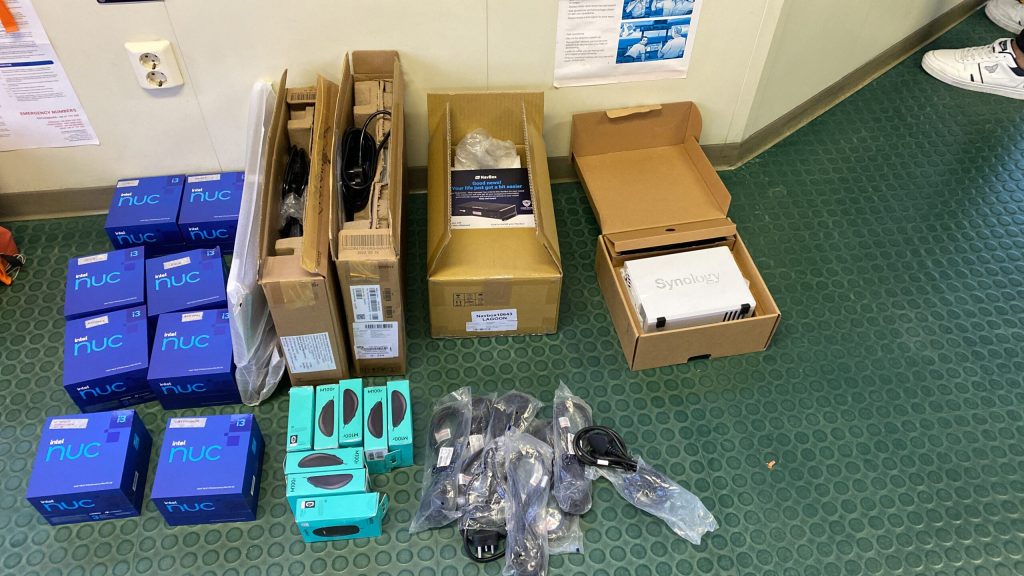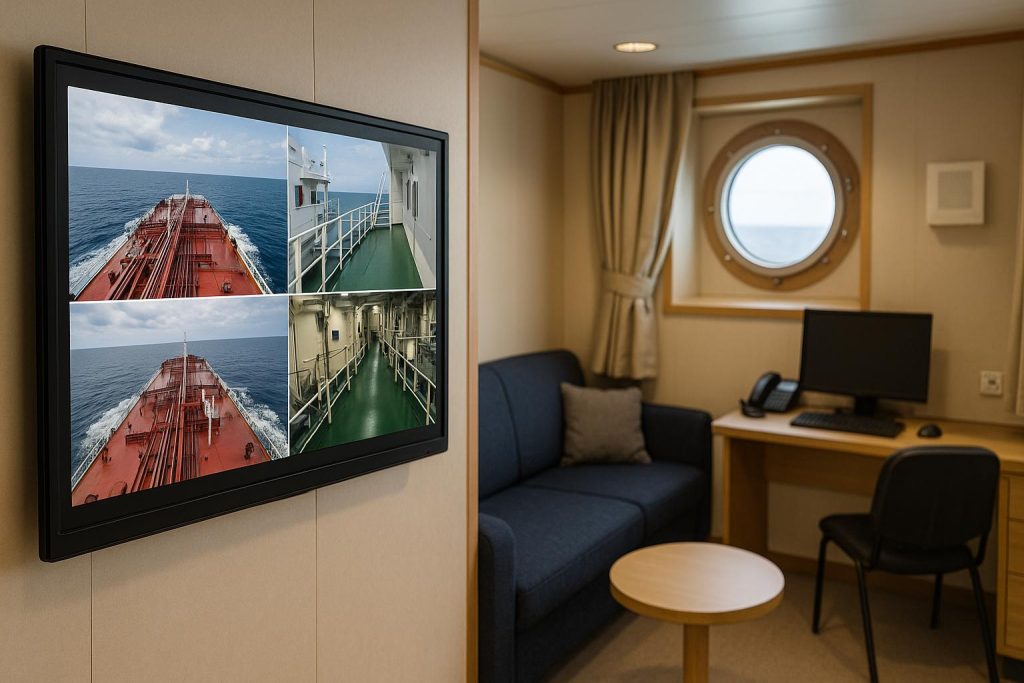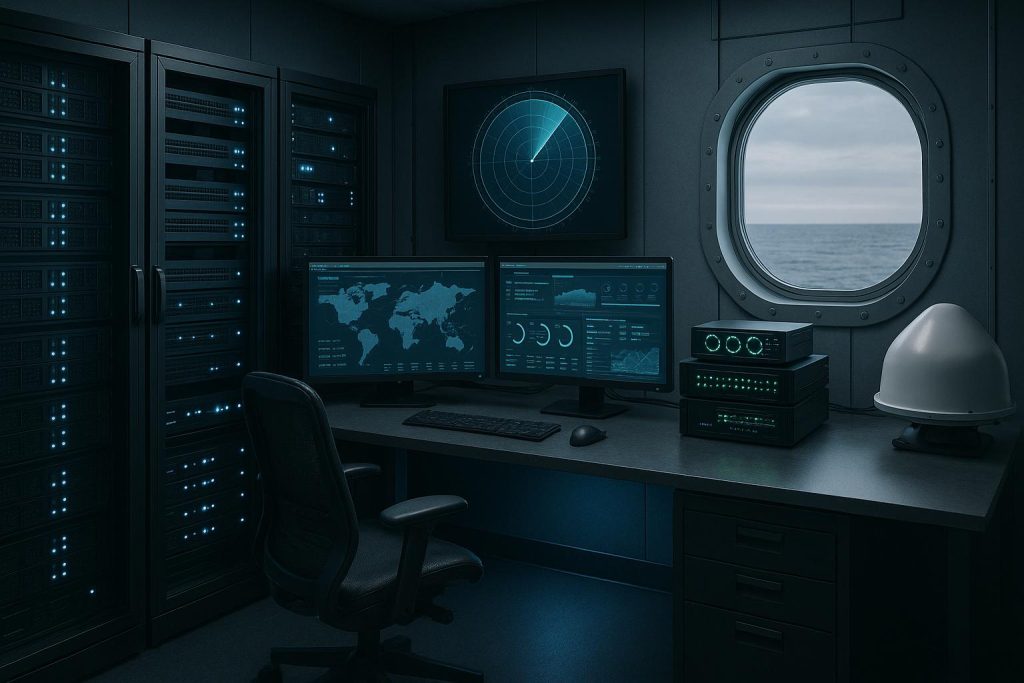What Does Vessel IT Management Do?
May 30, 2024
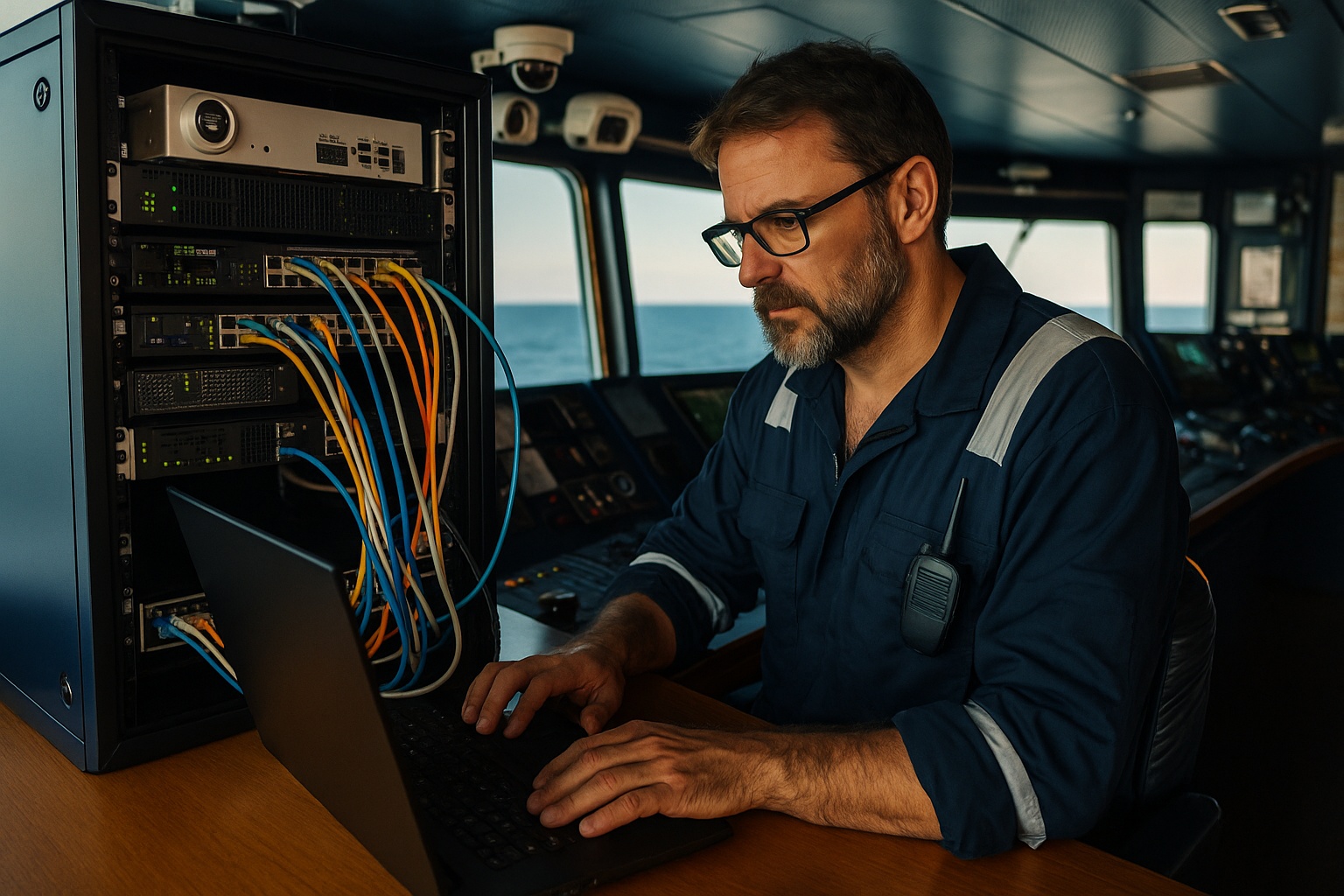
Introduction to Vessel IT Management
Vessel IT management is a specialized field focused on maintaining the digital systems of ships.
As vessels rely more on technology, this discipline ensures that all IT, network, and communication systems remain secure and operational.
In particular, shipboard IT managers are responsible for connectivity, data protection, and satellite communication integration.
Consequently, their role is essential to the success of modern maritime operations.
Network Design and Implementation
Effective vessel IT management begins with proper network planning.
Planning and Design
Developing network architecture tailored to the vessel’s structure is crucial.
For example, coverage must be guaranteed for both crew internet access and operational systems such as navigation.
Installation and Integration
Hardware like routers, switches, and wireless access points are installed to ensure stable and secure connectivity.
In addition, proper cabling and redundancy planning are essential to prevent signal loss.
IT Support and Maintenance
IT systems at sea require ongoing maintenance to ensure uptime.
Remote and Onsite Support
Vessel IT engineers provide troubleshooting both remotely and via onboard visits when necessary.
Moreover, remote support is especially valuable during long voyages or unexpected technical issues.
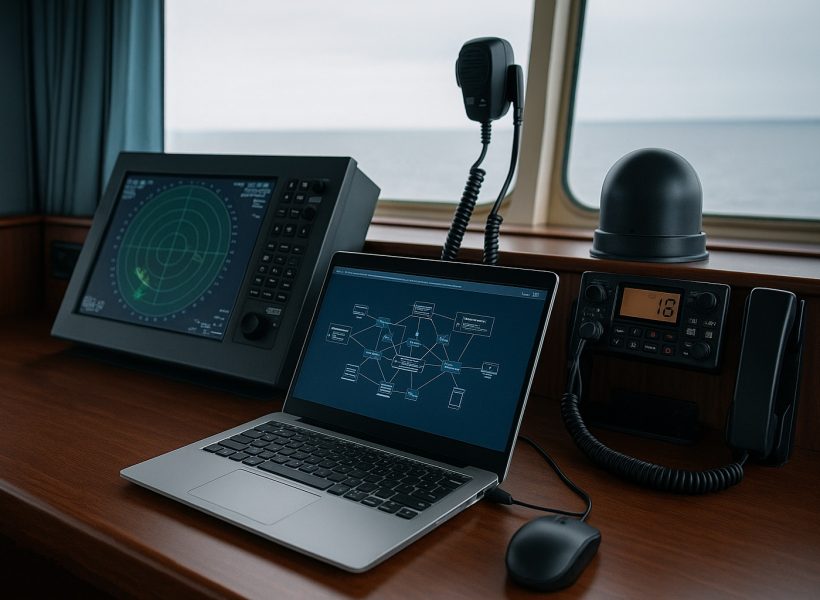
Regular Updates and Monitoring
Scheduled updates to software and firmware help prevent vulnerabilities.
As a result, the ship’s IT environment remains efficient and secure.
Cybersecurity at Sea
Maritime vessels face rising cyber threats.
Security Protocols
Firewalls, VPNs, and access control systems are implemented to shield critical infrastructure.
Threat Monitoring and Response
Additionally, real-time monitoring helps detect anomalies.
Swift incident response limits exposure and keeps operations running smoothly.
Communication Systems Onboard
Communication is a key pillar of vessel IT management.
VoIP and Internal Communication
Voice over IP (VoIP) ensures clear, cost-effective communication onboard and to shore.
Email Infrastructure
Secure, real-time email systems keep crew and management in sync.
For instance, operational updates and safety alerts are delivered promptly via onboard email servers.
Satellite and Internet Connectivity
Modern vessels operate far from land, making satellite internet indispensable.
VSAT Systems
These provide primary internet access and are managed for uptime and bandwidth usage.
Backup Options: Starlink & 4G
In contrast to traditional systems, newer technologies like Starlink offer lower latency and wider coverage.
In addition, backup connectivity improves crew welfare and reduces operational delays.
Conclusion: Why Vessel IT Management Matters
In summary, vessel IT management ensures that all systems onboard function seamlessly.
From cybersecurity and networking to VoIP and satellite services, IT teams support every aspect of a vessel’s operation.
Looking to improve your vessel’s IT systems? Contact our maritime IT team today.

